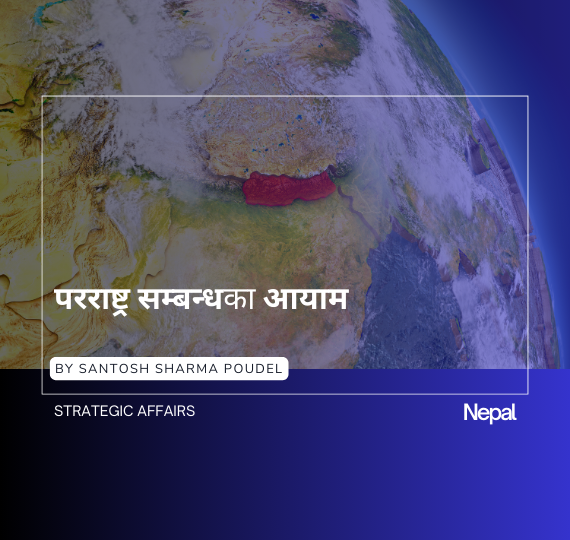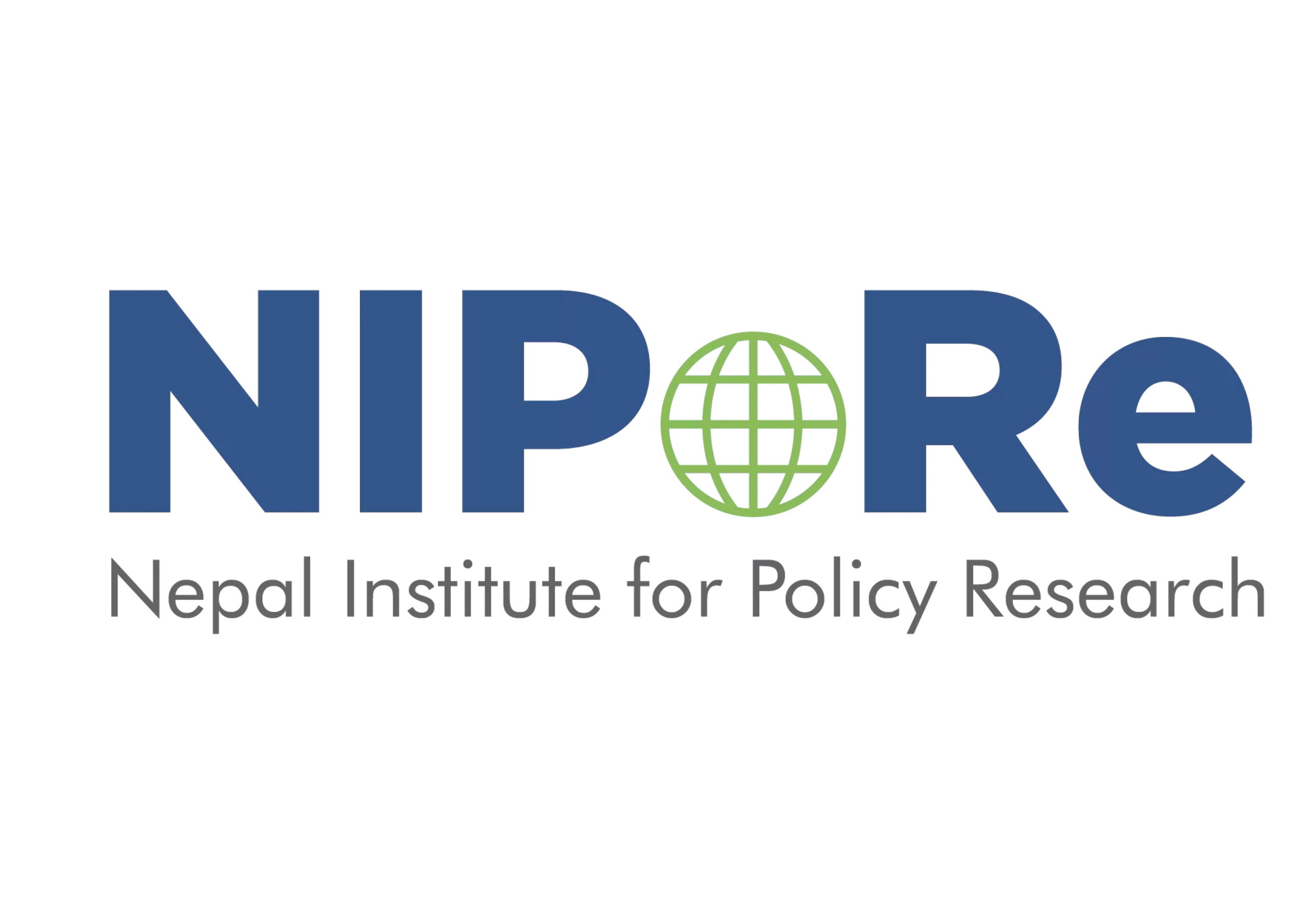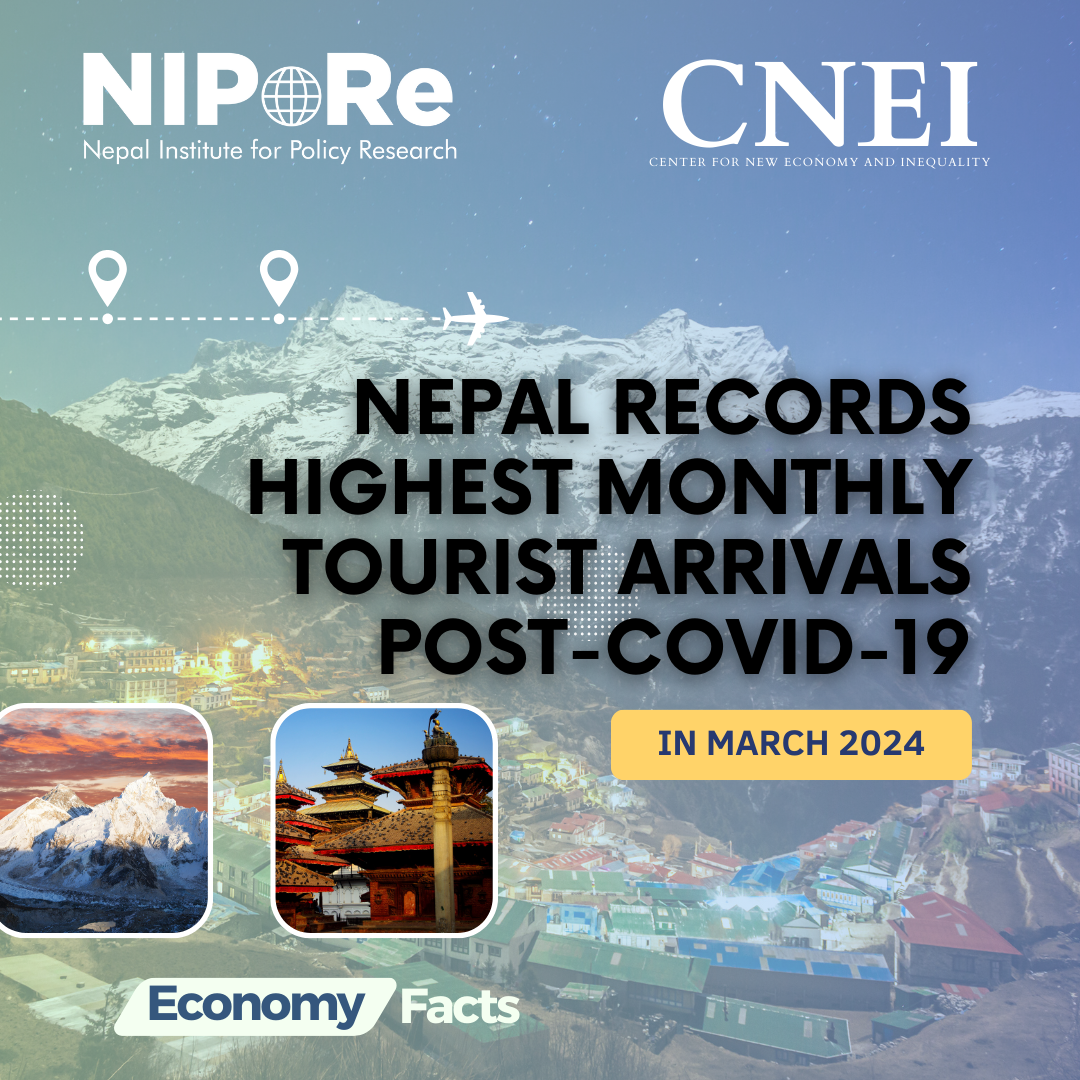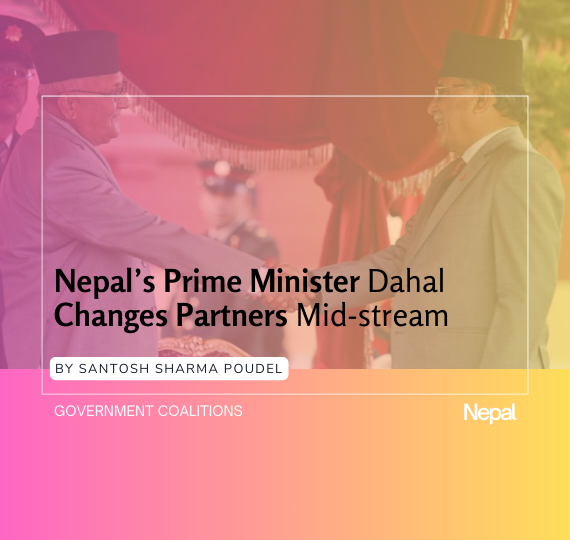SARS-CoV-2, commonly known as Covid-19, and its subsequent mutated variants have disrupted the entire world since the first virus case was confirmed in the Chinese city of Wuhan, in late December 2019. Though strict restrictions by governments worldwide have helped control the spread of the virus to some extent, vaccines are the only way to manage the crisis in the long run. As the virus does not discriminate against people based on their gender, age, race, or nationality, equitable distribution of vaccines needs to be at the forefront if we wish to minimize the damage from the ongoing pandemic. This paper compares the pandemic’s impacts on five LMICs and the efforts made by the respective governments to manage it. The document aims to learn from those LMICs and provide applicable and feasible policy interventions that Nepal can take better to manage COVID-19 and other future public health crises.




